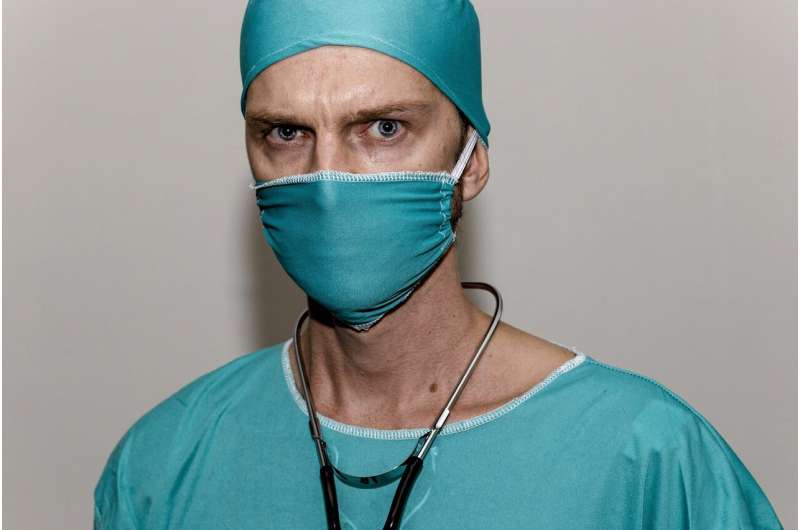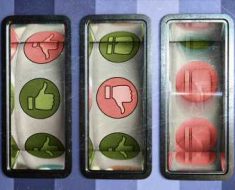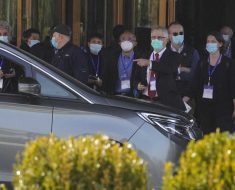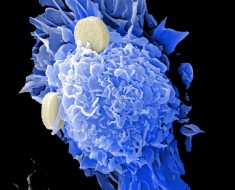
A study comparing 618 military veterans who deployed to a combat zone after Sept. 11, 2001, and 2,099 health care workers (HCWs) working during the COVID-19 pandemic found similar levels of potential moral injury (PMI), with 46.1% of veterans and 50.7% of HCWs reporting PMI.
PMI—the strong cognitive and emotional response that can occur following events that violate a person’s moral or ethical code—was assessed in two categories: other-induced and self-induced. Both types were significantly associated with gender, race, enlisted versus officer status and post-battle traumatic experiences among veterans, and with age, race, working in a high COVID-19 risk setting and reported COVID-19 exposure among HCWs.
PMI was associated with significantly higher depressive symptoms and worse quality of life in both samples and higher rates of burnout among HCWs. “Examples of PMI we saw most were individuals being expected to do things that made them feel questionable about their participation,” said Keith Meador, MD, ThM, MPH, professor of Psychiatry and Health Policy, director of the Vanderbilt Center for Biomedical Ethics and Society, and author on the Journal of General Internal Medicine report.
“In the health care context, that may look like not being able to provide the level of care one would like to provide due to the complexities of the ongoing pandemic. As a result, HCWs were vulnerable to the consequences of potential moral injury and reduced quality of mental health, similarly to what we’ve seen in post 9/11 veterans.”
Meador has worked with colleagues to identify areas for potential improvement in the mental health of HCWs. One area that shows promising results is collaboration between chaplains and mental health providers. Much of Meador’s work has focused on equipping chaplains to be knowledgeable and aware of PMI in the health care and military settings. On the front lines of both hospitals and wars, people often begin to question their sense of self. Whether someone identifies as religious or not, they often seek out chaplains to answer questions about the crossroads between their professional identity and sense of purpose.
Together with Jason Nieuwsma, Ph.D., adjoint associate professor in the Practice of Integrative Chaplaincy at Vanderbilt Divinity School and associate professor in the Department of Psychiatry and Behavioral Sciences at Duke University Medical Center, first author on the paper, Meador has established a Doctor of Ministry program at Vanderbilt which equips chaplains in evidence- based practices to be care providers for people with PMI.
Source: Read Full Article





